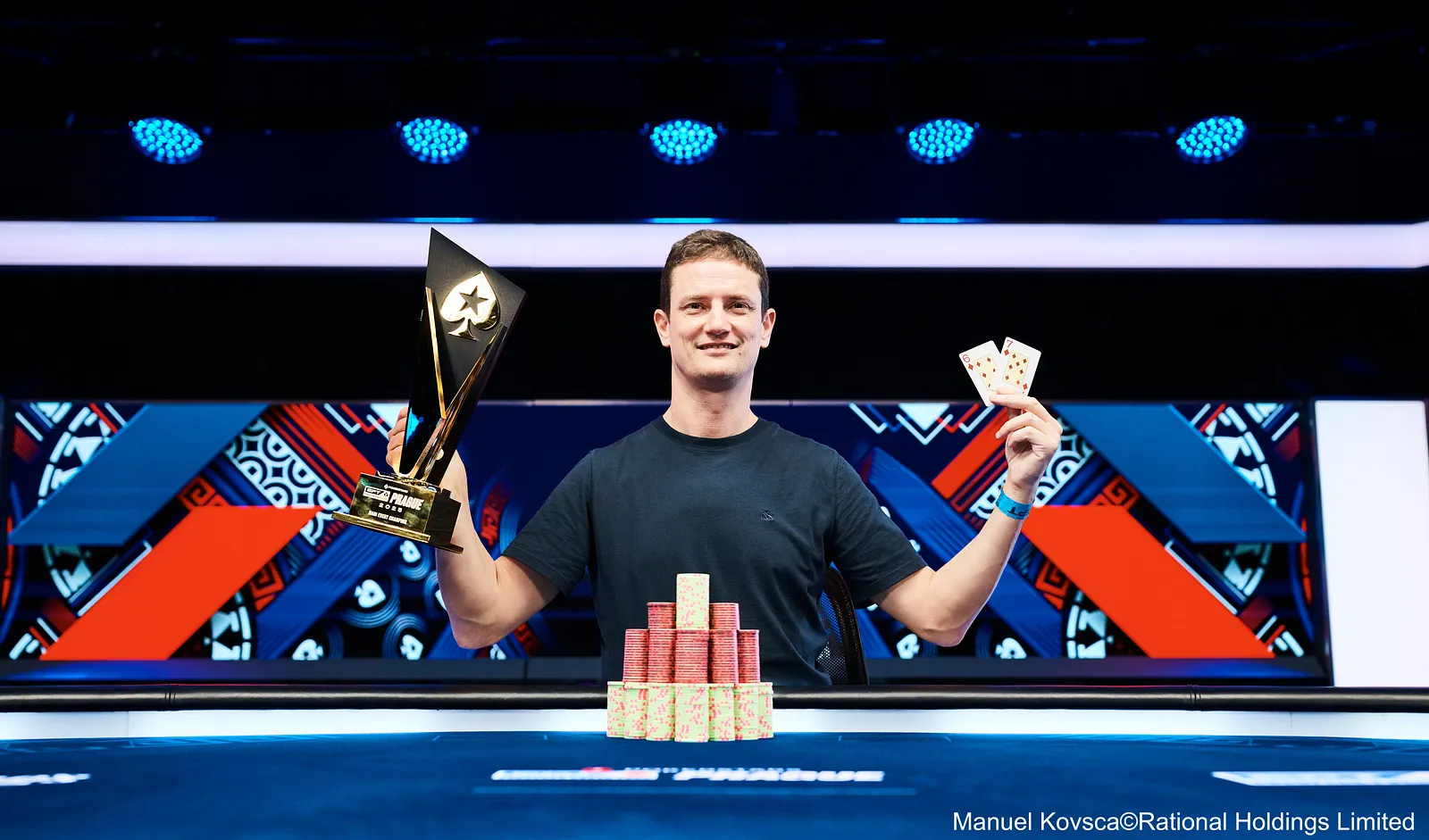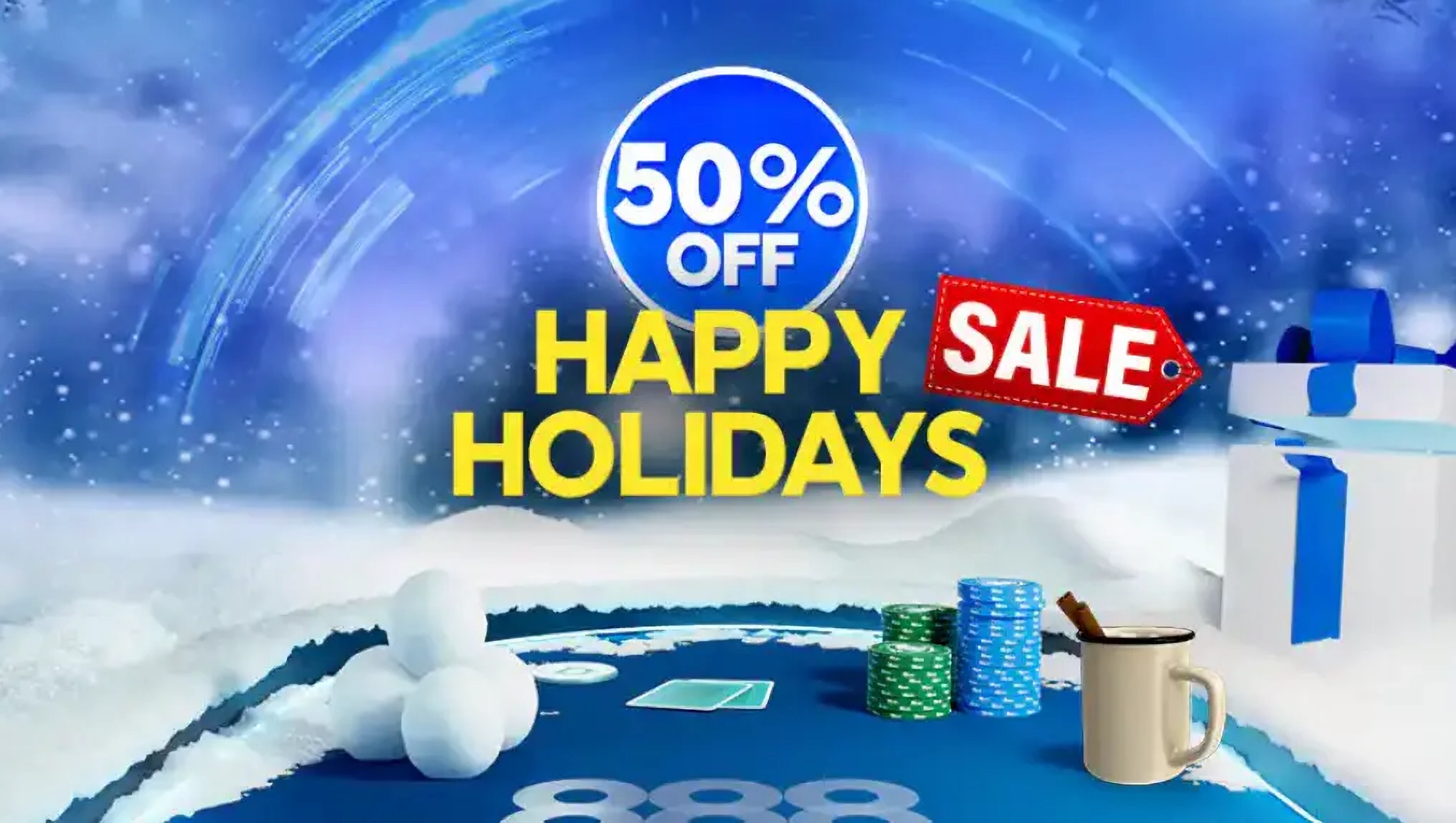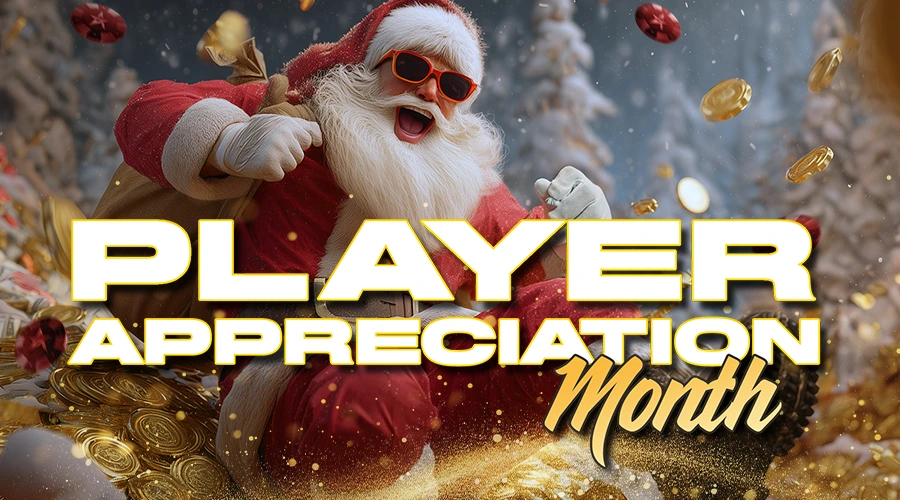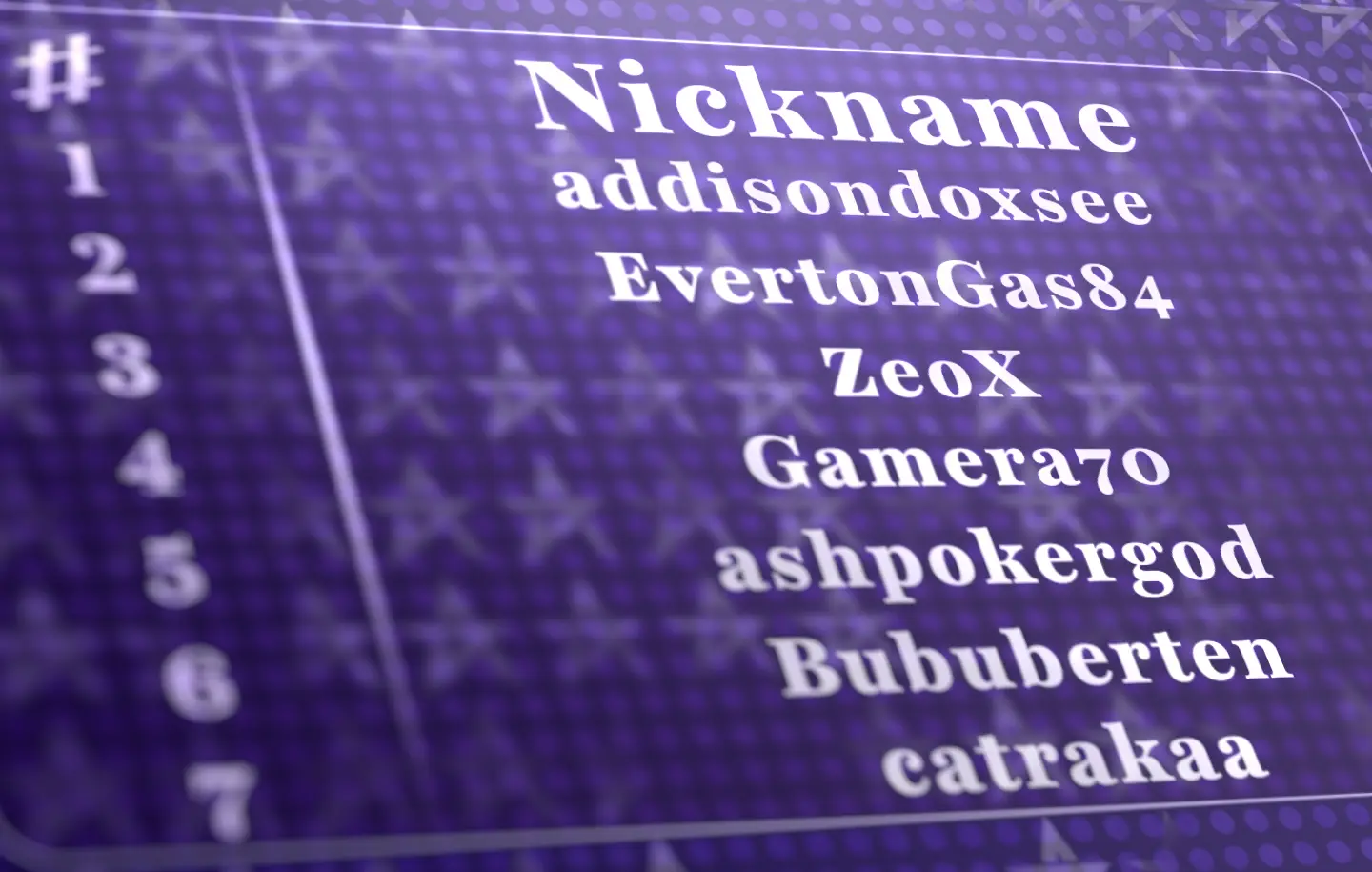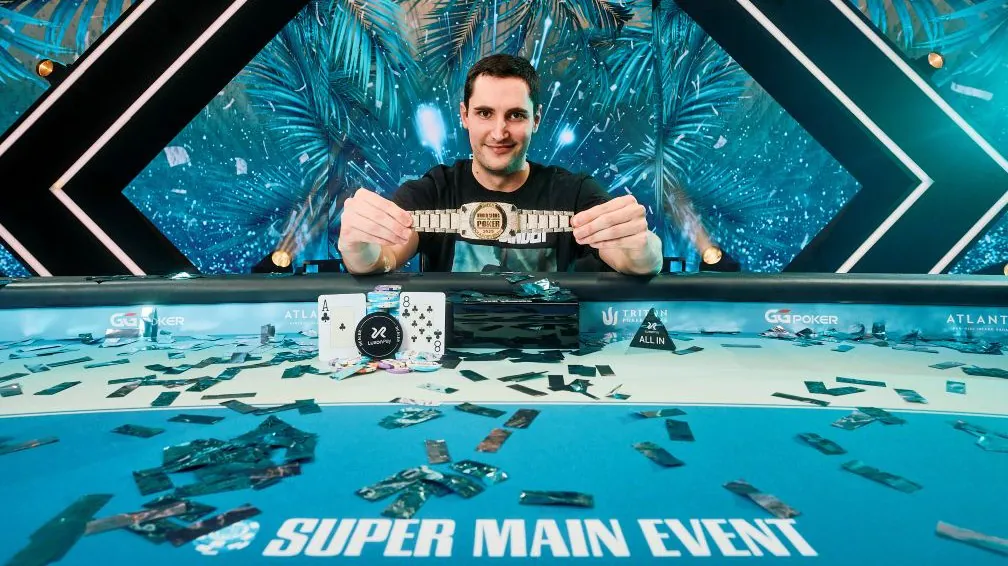Hip Hop Hold’em: The Untold Story of America’s Next Soul Train
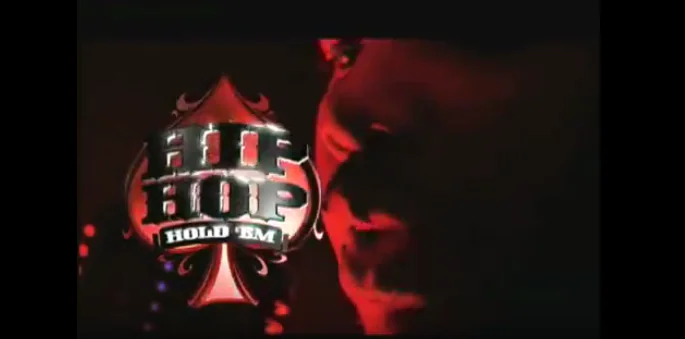
- Fact Checked by: PokerListings
- Last updated on: July 2, 2025 · 12 minutes to read
On October 13th, 2006, US Congress passed the Unlawful Internet Gambling Enforcement Act (UIGEA) – a last-minute add-on to an unrelated Port Security bill – that ostensibly made it illegal for US payment processors to do business with online poker sites. The trickle-down effect, as we know, is still reverberating to this day. The immediate effect on the televised poker industry, however, was the demise of what might have been one of the most popular poker shows in history. One that could still be running today.
Congress Kills Hip Hop Holdem
“We had 11 episodes shot and nine edited when the [UIGEA] was passed,” executive producer and showrunner of Hip Hop Hold’em, Tone Boots, told PokerListings this past summer. “That’s what killed the show.” Twenty-two episodes were scheduled for the first season but Boots took a hiatus halfway through production to fix some kinks. The kinks, he said, would’ve normally been ironed out during the pilot. But another force even deadlier than Congress – Hurricane Katrina – stopped Hip Hop Hold’em from having a pilot.
“[Before partypoker was the title sponsor] there was a company called African Heritage Network,” Boots said. ”They put up $5 million for the [Hip Hop Hold’em] budget. “They were in New Orleans and when Hurricane Katrina hit that fall, they were devastated and had to drop out of the show.” With an idea and no budget, IMG media asked Boots to stay involved with the show while they looked for another sponsor.
“I came up with a 40-page show bible that really broke down all of the elements of what the show should be,” Boots said. “I also put together a sizzle reel with DJ Clue and promoted that.” The sizzle reel found its way to partypoker and it put up $3.5 million to become the show’s title sponsor.
Everywhere You Looked, partypoker
“A , their logo and presence is embedded in the show,” Boots said. “It gave them sort of inalienable rights. “Everywhere you looked, you saw partypoker. You heard partypoker mentioned by the host, they were perennially embedded in the show.” While the $3.5 million revived the show and gave partypoker all the branding it wanted, it was still $1.5 million short of the budget Boots thought he would have.
“The original idea was to have the music stars come on and play poker and banter at the table,” Boots said. “And then at the end of the show they’d do a musical performance. “But because of the new budget I could just get the poker done without the performances. We cut them out completely.” While Hip Hop Hold’em was produced by IMG Media, all the money came from partypoker. And unlike other sites including Full Tilt Poker and PokerStars, partypoker pulled out of the United States immediately after the UIGEA was passed. The $3.5m production budget set aside for Hip Hop Hold’em came to a grinding halt.
A Hip-Hop Celebrity Poker Showdown
While no performances aired a few were actually filmed. “Ludacris performed along with one of his artists in one episode,” Boots said. “We shot three of them but they didn’t make it in the show. It wasn’t because they weren’t good but because we weren’t going to maintain that element of production throughout the show there was no point in maintaining it at all.”
Booking Ludacris wasn’t too hard as the rapper and his management did it as a personal favor. Boots, who was an editor for Vibe magazine, worked for MTV and directed a documentary about 50 Cent, had close ties to the hip hop community. This is what led IMG to recruit Boots, whom they thought could help them find a sweet spot between one show’s decline and another’s success.
“There was this show on Bravo at the time, Celebrity Poker Showdown,” Boots said. “It had B-list and C-List celebrities that would play poker and it was very comedic. The show did really well for them and in the wake of that IMG felt like they should do something similar but in a different niche. Hip hop was a great niche because hip hop music is very popular and those stars translated beyond just an urban audience.” There was also about to be a huge gap in the urban market since Soul Train, the longest-running syndicated show in US history, came to an end in 2006.
Black America Had a Show
With a 35-year run and 1,117 episodes, Soul Train was the longest-running syndicated show in American history by the time it aired its last episode on March 25, 2006. But even before that final episode people in the television industry were looking for ways tap into the flailing show’s giant demographic.
“It was very obvious that Soul Train was on its last leg,” says Boots. “From a syndication standpoint it was no longer managed correctly. Television’s a dog-eat-dog world and we saw an opportunity.”
That opportunity was an impending hole in a giant market that Soul Train pioneered. When civil rights activist Don Cornelius started Soul Train in 1971, it became America’s first black-owned television show. Cornelius, a former journalist who wrote, produced and hosted Soul Train, wanted the show to promote black Americans in a positive light and provide a platform for soul music. The show was a runaway success and provided a national platform for artists like James Brown, Michael Jackson and Rosie Perez among hundreds of others. Black America had a show, and people were tuning in by the millions.
Not a Typical Burger King Commercial
It didn’t take long for advertisers to jump in. While there were only a handful of commercials targeted towards the urban community in the ‘70s Boots says companies now earmark a large portion of their budgets for that specific purpose.
“Advertisers now set aside about 15 percent of their budget to market towards the black community,” said Boots. “If you’ve ever seen some of that urban programming, you’ll see it won’t be a typical Burger King or Lincoln-Mercury commercial. It’ll be a Lincoln-Mercury commercial with a car full of hispanics or a Burger King commercial with a bunch of African Americans in it. And we wanted to keen in on that market.”
While Soul Train was responsible for the birth and explosion of urban programming, it failed to keep up with the times. Hip Hop and rap exploded across America but Cornelius wasn’t a fan of the music and thought it reflected poorly on the urban community. While Cornelius was able to survive the disco era he eventually stopped hosting the show in 1993. From there the show went through a number of hosts (guest hosts for 93-97 until they settled on Mystro Clark for two years, then Shamar Moore from 99-2003, then Dorian Gregory ’03-’06) but failed to get its footing back and eventually stopped production in 2006.
Filling the Soul Train Void
Relationship with MTV brought Ed Lover on board to host. The hippest trip in America had come to a halt.
“It was actually the kind of vehicle that would still be running now if it’d been managed correctly,” Boots said. “You can’t just do a cookie-cutter form of the show. You had to have the right relationship with the industry, the right performances and you had to continue to reinvent.”
That was IMG Media’s goal with Hip Hop Hold’em. The company wanted to combine Celebrity Poker Showdown’s success with a niche music market.
“Music shows, when done well and serve an underserved community, will always do well,” Boots said. “You could probably have just as big a hit these days with an American Bandstand-style show with electronic music.”
IMG Media wasn’t interested in electronic music though; they wanted in on the void that Soul Train was about to leave. Luckily for Boots he was intertwined with the urban community. As a VIBE Editor and contributor to MTV News and The Source Boots also wrote, produced and directed a video documentary with 50 Cent in 2005.
“What also gave me an advantage over other producers is that I was also partners with someone who had a management company,” Boots said. “We managed several hip hop artists together.”
Once They Learned the Game, It Resonated
Boots’s original concept for Hip Hop Hold’em included musical performances at the end of each show and believes the show could’ve increased poker’s popularity in the urban community.
“I’d say gambling in general is something synonymous with hip hop,” Boots said. “But spades, c-low and craps are more prevalent in that community. If you go to a family reunion or a block party in a black neighborhood and you see people playing cards, there’s probably a 7 out of 10 chance they’re playing spades. There are older blacks in particular who play real money poker, but I don’t know why it didn’t translate to a younger generation as much. But once [the artists] learned the game in the show, it resonated with them and they loved it.”
Getting the hip-hop community to watch was their goal; getting them to show up was a challenge.
“I had to have 10 celebrity hip hop artists show up in one day,” Boots said. “Which in and of itself is an impossible task. Fortunately we were shooting in Manhattan because the rule of thumb is that if you add a bridge or a tunnel between a rap star and a location, you’re begging them to be at least an hour or two late.”
After getting all the artists to show up Boots then had to teach them how to play poker.
“Believe it or not a lot of black people don’t play poker,” Boots said. “Therefore, a lot of hip hop artists weren’t familiar with poker and that was a hurdle for us. They knew how to play stuff like spades and other card games, but they had no clue how to play poker whatsoever.”
The production crew brought in a few poker experts to give the artists a two-hour crash course before filming.
“I swear to god,” Boots said. “We should’ve recorded those moments because they were so hilarious. To be honest with you, what was on the show was never as rowdy as the game behind the scene.”
An Iconic Biz Moment is Born
Patrick O’Grady, former Hip Hop Hold’em story editor and current producer with the World Poker Tour, remembers a few key moments though.
“My biggest memory of working on it was Biz [Markie] playing,” O’Grady said. “Markie is an amazing person with an almost child-like wonder. He was all-in with a gutshot straight draw and needed like an eight or something. You could see him just wishing for the eight, just like closing his eyes and almost praying. And the eight came and he made the straight. He exploded and got up and kinda started beat boxing at the table. That was kind of awesome.”
O’Grady also remembers The Game’s imposing presence. “You could definitely feel the tension in the room when The Game was there,” O’Grady said. “He’s not somebody you really wanna mess with. I remember the dealer made some joke like, he was making change for 100 and he made some 50 Cent joke and The Game just kind of looked at him like, ‘That’s not funny dude, don’t make that joke.’” O’Grady said there were no more jokes after that.
Can’t Survive Hiatus
Boots’ production memories are more of a busy blur. The original choreographer went back on tour with Mariah Carey, despite telling Boots that she wouldn’t. This left Boots with a jazz choreographer instead of the hip hop choreographer he planned on having. There were also a few liberties taken during the casting process.
“The person who cast the dancers for me did not follow my instructions,” Boots said. “He went more with aesthetic and beauty than actual skill set.”
On top of all of this Boots had a newborn at home. All these things made him want to take a hiatus so he could fine-tune the show for the second half of the season. Thank to the UIGEA, the show never came back from hiatus.
“As a young producer, that was very difficult for me,” Boots said. “Because network television doesn’t work that way. The bills get paid, the show keeps going. They’ll cancel it if it’s not getting ratings, but this kind of thing never happens. It was completely foreign for me and was very difficult to go through.”
What made it even more difficult was that once the show aired, bigger named stars started approaching the show on their own. “Once they saw it air and how it looked,” Boots said. “We got people like Q-Tip, Mary J. Blige and P. Diddy all wanting to come on the show.”
#BringBackHipHopHoldem
Both Boots and O’Grady are confident the show would’ve continued if it hadn’t been for the UIGEA. Boots is now the executive producer for VH1’s The Gossip Game but said he’d love the opportunity to revive Hip Hop Hold’em.
“It wasn’t an honor like, ‘Hey we’re stepping in the shoes of Soul Train,’” Boots said. “Honestly, our job was to knock Soul Train off of its last leg. But it wasn’t like it was our primary goal; our goal was to create a TV show that wherever it would air, it’d be great.”
Is the time right to bring Hip Hop Hold’em (old episodes or new) back to the small screen – especially with a brand new 24-hour poker TV channel on the air and the impending return of PokerStars to the US online poker market? It just might be. The only problem, or opportunity, depending on their perspective: partypoker still owns all the rights.
-
- 100% up to $2000
T&Cs Apply | Play Responsibly | GambleAware
18+ | Play Responsibly | T&C Apply
-
CoinPoker4.1
- 33% Weekly
- 150% up to 2000$
T&Cs Apply | Play Responsibly | GambleAware
+18 / T & C apply / Play responsible
-
Stake.US Poker4.3
- Rakeback 5%
- $55 Stake Cash + 260K Gold Coins
T&Cs Apply | Play Responsibly | GambleAware
18+ | Play Responsibly | T&C Apply
-
- 100% up to $1000
T&Cs Apply | Play Responsibly | GambleAware
T&Cs Apply | Play Responsibly | GambleAware
-
T&Cs Apply | Play Responsibly | GambleAware
18+ | T&Cs Apply | Play Responsibly | GambleAware











